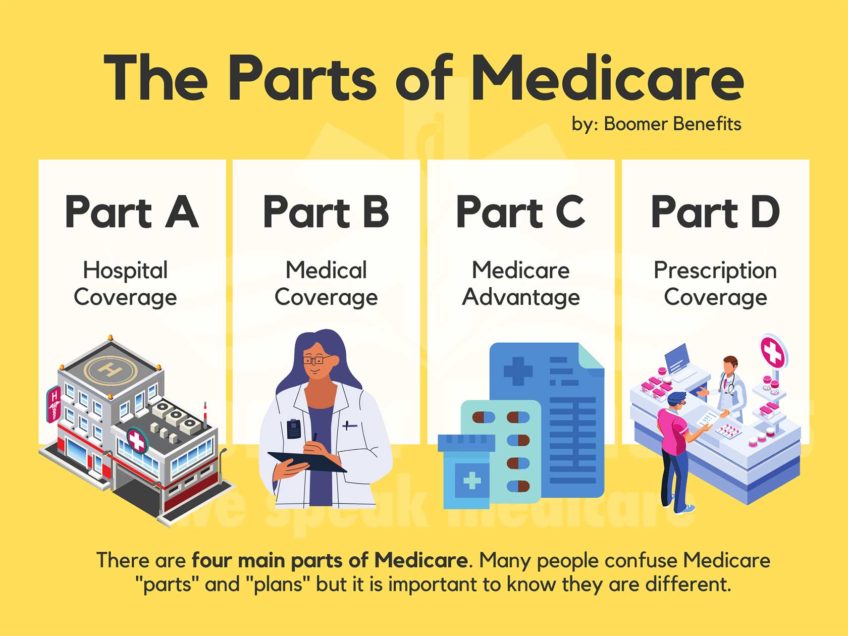Universal screening recommended for depression
An update by the U.S. Preventive Services Task Force

The disagreements with the recommendations of the U.S. Preventive Services Task Force are well known. The Task Force is an independent panel of experts who make recommendations on preventive services. For instance, it endorses starting mammograms at the age of 50. Several professional organizations, on the other hand, set the age five or ten years earlier. It advises that overweight or obese adults between the ages of 40 and 70 get screened for type 2 diabetes, while the American Diabetes Association prefers to widen the age range and include race as a risk factor as well.
The Task Force does not recommend PSAs, the screening test for prostate cancer, at all — much to the chagrin of many urologists. The PSA is the only screening test for prostate cancer, which disproportionately impacts African Americans.
But this one it got right.
The members gave a B — a passing grade — to depression screening. That means that they recommend the service, and “there is high certainty that the net benefit is moderate or there is moderate certainty that the net benefit is moderate to substantial.”
It goes a step further. While it advises screening for depression for the general adult population, it now specifically targets pregnant and postpartum women, a high-risk subpopulation not previously reviewed. It also recommends appropriate follow-up care based on accurate diagnoses and effective treatment.
An additional benefit is that because the Task Force recommends depression screening for all adults, it is covered under the Affordable Care Act at no expense to the patient.
The attraction of this change is that it applies to all adults regardless of risk factors or complaints. Many people cannot recognize the symptoms of depression, and attribute their mood to the blues. However, the blues go away; depression does not. In addition, it makes the primary care provider the avenue to treatment. Since patients are more apt to visit their PCP at least once a year, the probability of being screened is enhanced.
Depression is one of the most common mental health disorders in this country. According to the National Mental Health Institute, in 2014, an estimated 15.7 million, or roughly seven percent of adults aged 18 or older in the United States, had at least one major depressive episode in the past year. In comparison, the National Cancer Institute estimates that in 2016, roughly 2 million cases of cancer — the second leading cause of death in this country — will be diagnosed.
Depression occurs in all races, ages and both genders, although the frequency is higher in females. That may be because women are more apt to seek treatment.
The economic burden of depression is high. In a recent report published in the Journal of Clinical Psychiatry, the total cost has ballooned to $211 billion, due largely to professional services, medications and lost work productivity. It is also the most common mental illness linked to suicide, as reported by Suicide.org.
The medical term is major depressive disorder. Its diagnosis involves a detailed examination of symptoms that have interfered with one’s normal functioning at work and at home for at least two weeks. Although it is common, only a fraction of those afflicted receives treatment. For some people the stigma of receiving mental health services outweighs the benefit.
Depression is treatable with medications, talk therapy or a combination of both. Effective screening tools are in place. The PHQ-9 is a 9-item depression scale that can accurately identify about 80 percent of cases of depression, according to a study by the National Institutes of Health. The Edinburg Postnatal Depression Scale, a 10-question self-rating scale has been proven to be an efficient and effective way of identifying patients at risk for depression related to childbirth.
For a self-assessment take the online PHQ-9 test. Women who are pregnant or have recently given birth can use this tool or the online The Edinburg Postnatal Depression Scale.


![Banner [Virtual] Art Gallery](https://baystatebanner.com/wp-content/uploads/2024/04/Cagen-Luse_Men-at-store-e1713991226112-150x150.jpg)



